Understanding the Nature of Challenges
Life is inherently filled with a variety of challenges that manifest in personal, professional, and emotional domains. Each individual may encounter obstacles such as personal loss, career setbacks, or emotional distress, which differ significantly in their intensity and duration. Personal challenges, for example, often relate to health concerns, familial relationships, or self-identity issues. These struggles can require time and resilience to overcome, profoundly affecting an individual’s mental health and overall well-being.
Similarly, professional challenges may arise in the form of job loss, workplace conflicts, or the pressure to meet high expectations. These challenges not only impact one’s career trajectory but can also lead to feelings of inadequacy and stress. Emotional challenges encompass a wide array of issues, including anxiety, depression, or grief, all of which can leave individuals feeling isolated or disconnected from others. Such adversities can evoke common emotions like helplessness, frustration, or even despair.
Understanding that challenges are a universal aspect of the human experience can foster empathy and connection among individuals facing struggles. When people recognize that others also encounter hardships, it can diminish feelings of isolation and encourage communication. This shared understanding can pave the way for transformative experiences, as individuals realize that overcoming challenges is a collective journey. By normalizing the experience of facing difficulties, people may find strength in community, support, and shared stories of resilience. In this light, recognizing the nuances of life’s challenges not only allows for personal growth but also creates opportunities to connect and uplift one another in times of need.
Pathways to Personal Transformation
Transforming one’s life, especially in the face of challenges, involves a multifaceted approach that encompasses self-reflection, the establishment of realistic goals, and the cultivation of resilience through supportive relationships. Self-reflection plays a pivotal role in identifying personal obstacles and understanding one’s emotional responses. Through honest introspection, individuals can acknowledge their strengths and weaknesses, paving the way for meaningful change.
Setting realistic goals is another critical component of personal transformation. Goals should be specific, measurable, achievable, relevant, and time-bound (SMART). This structured framework not only provides clarity but also helps maintain motivation throughout the transformation journey. As challenges arise, having clearly defined goals can serve as a roadmap, guiding individuals to focus their efforts and reassess their strategies when necessary.
Equally vital is the development of resilience, often fostered by establishing robust support systems. Engaging with mentors or coaches can provide valuable perspectives, encouragement, and accountability. This external support can act as a buffer against stress and anxiety, making it easier to navigate difficulties. Furthermore, cultivating practices such as mindfulness and positive affirmations can enhance one’s emotional fortitude. Mindfulness encourages present-moment awareness, reducing overwhelming feelings of anxiety, while positive affirmations build self-confidence and promote a constructive mindset.
Perseverance is key in the face of setbacks. It is essential to view challenges not as barriers, but rather as opportunities for growth and transformation. By maintaining a positive outlook, individuals can better adapt to change and remain open to new strategies. Embracing transformation often requires courage and tenacity; therefore, nurturing a deep-seated belief in the capacity for change is fundamental. By integrating these techniques and mindsets into daily life, one can embark on a transformative journey that ultimately leads to personal growth.

Leave a Reply